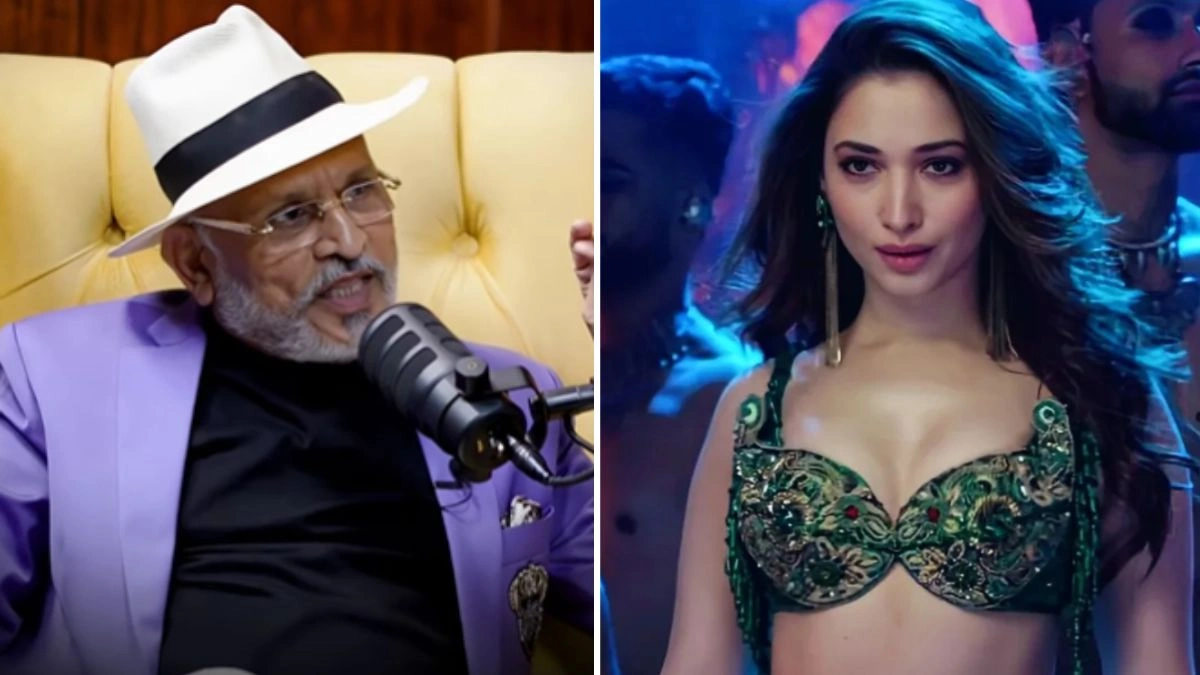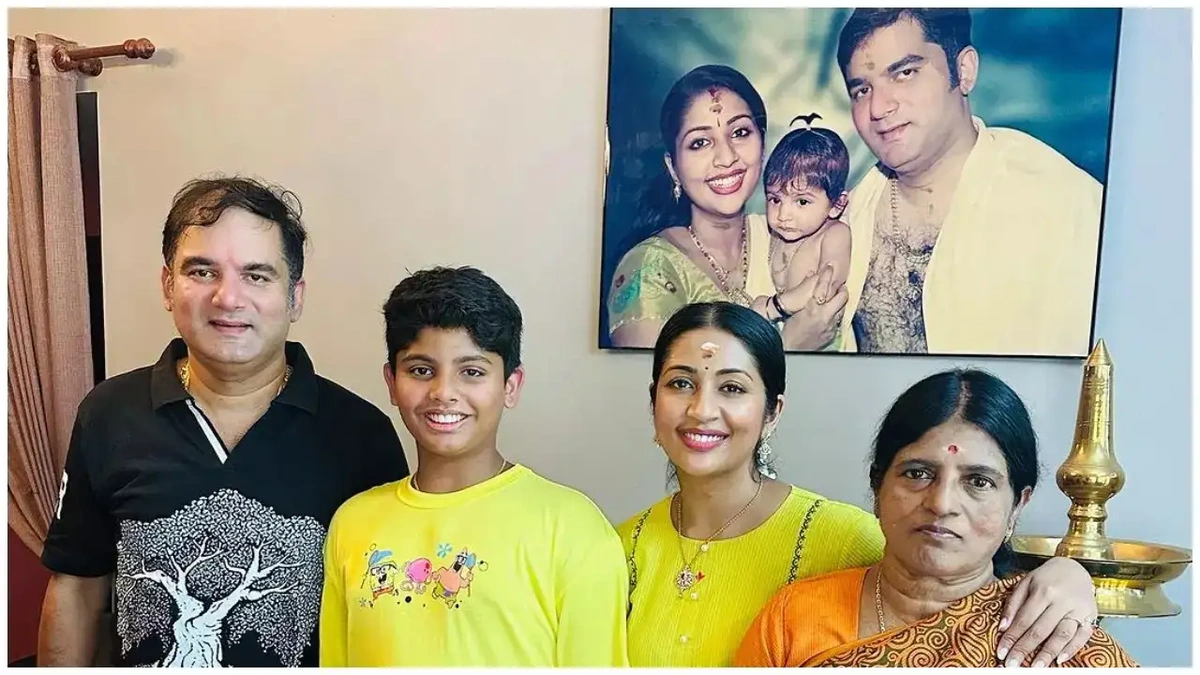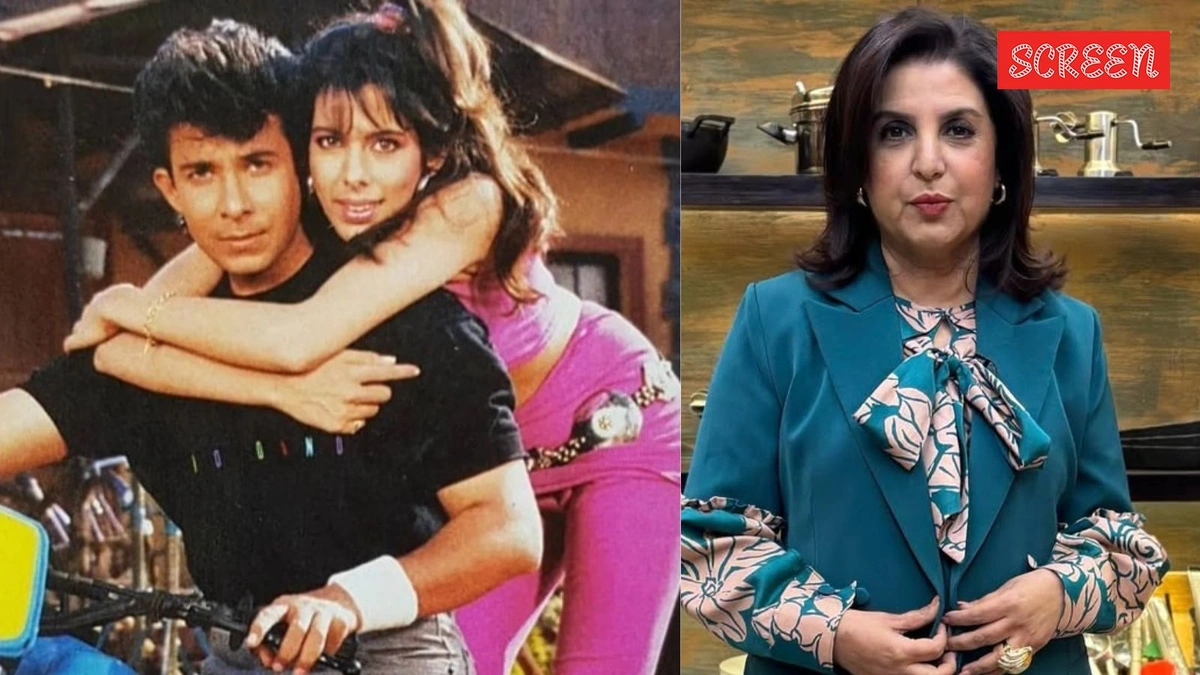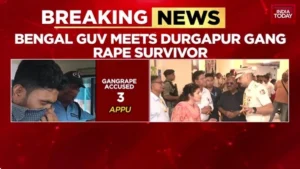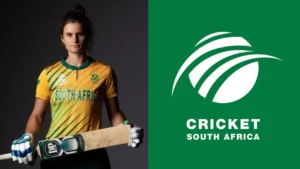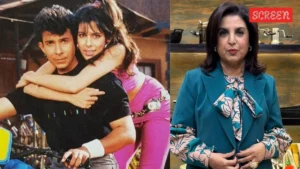Annu Kapoor Criticized for ‘Dudhiya Badan’ Remark About Tamannaah Bhatia; Internet Users Call It Sexist
The internet is a fickle place, isn’t it? One minute you’re trending for a stellar performance, the next you’re facing a barrage of criticism. That’s exactly what happened to Annu Kapoor after a video surfaced of him making a comment about Tamannaah Bhatia’s appearance. The phrase ‘Dudhiya Badan,’ which translates to ‘milky white skin,’ sparked outrage, with many calling it sexist and objectifying. But here’s the thing – this isn’t just about one comment. It’s a symptom of a much larger issue: our society’s obsession with fair skin and the casual sexism that often goes unchecked. Let’s dive deeper, shall we?
The Problem with ‘Dudhiya Badan’
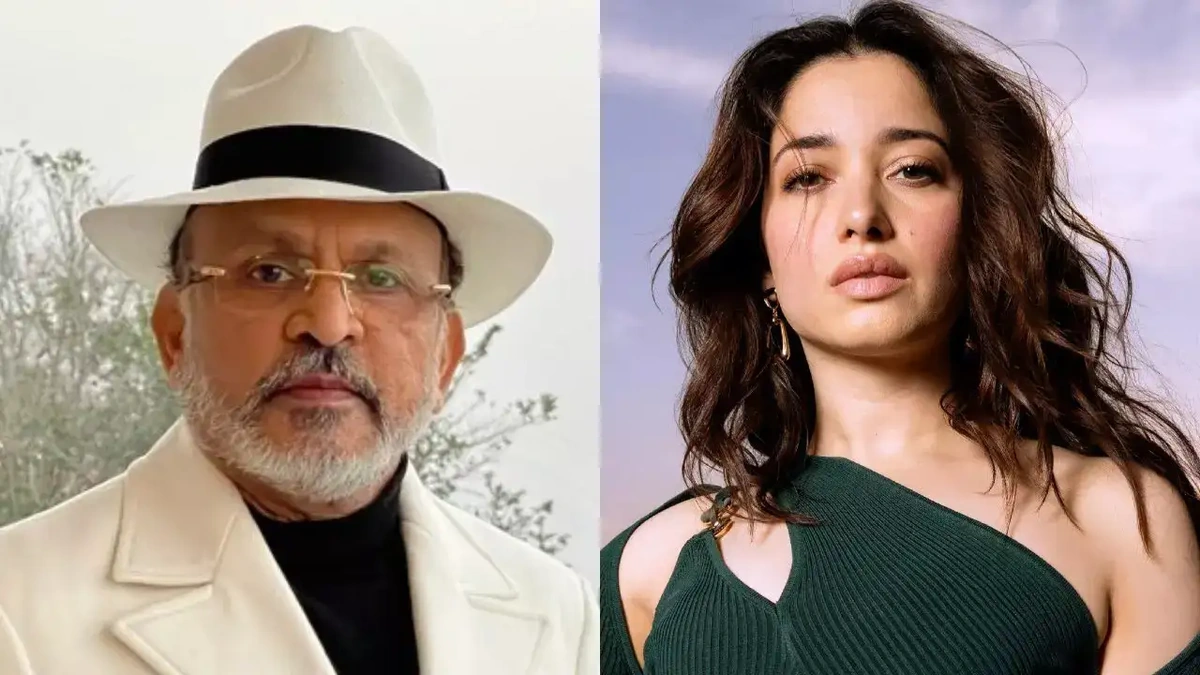
Let’s be honest, the phrase itself is loaded. It’s not just a description; it’s a value judgment. By associating beauty with ‘milky white skin,’ it automatically implies that darker skin tones are somehow less desirable. This isn’t a new phenomenon, of course. India has a long and complicated history with colorism, fueled by colonial influences and deeply ingrained societal biases. What fascinates me is how these biases continue to persist, even in the supposedly enlightened age of social media. And this recent incident involving Tamannaah Bhatia and Annu Kapoor is a stark reminder of that.
But why does this matter? It matters because words have power. They shape our perceptions and influence our behavior. When we constantly hear that fair skin is the gold standard of beauty, it perpetuates harmful stereotypes and can lead to discrimination and low self-esteem, particularly for women. It’s not just about a single comment; it’s about the cumulative effect of these messages over time.
The Double Standard of Objectification
Here’s where it gets even more interesting. The criticism leveled against Annu Kapoor also highlights a double standard. Women are often objectified in the media and in everyday life, but when someone calls it out, it’s somehow considered ‘sensitive’ or ‘overreacting.’ Let me rephrase that for clarity: it’s as if we are more upset at someone pointing out something that is already happening than the thing itself. Isn’t that strange?
This isn’t to say that all compliments are inherently bad. But there’s a difference between appreciating someone’s overall presence and reducing them to a single physical attribute, especially when that attribute is tied to a history of oppression and discrimination. And it’s important to recognize that difference.
The Role of Social Media in Amplifying Outrage
Social media played a crucial role in amplifying the outrage surrounding Annu Kapoor’s comment. Platforms like Twitter and Instagram became echo chambers for criticism, with users calling out the remark as sexist and demanding an apology. While this can be a positive thing – holding people accountable for their words and actions – it also has its downsides. The anonymity of the internet can embolden people to say things they might not otherwise say in person, and the sheer volume of negative comments can be overwhelming and potentially damaging. It also turns opinions into “facts” because of the number of times they’re repeated.
According to various reports, internet users reacted very strongly to the incident. What initially thought was a simple case turned out to be an avalanche of comments against the actor. Here is something I noticed: the comments went far beyond the initial statement and started looking at several aspects of his career. Is this justified? Perhaps not. Is it understandable? Absolutely.
Moving Towards a More Inclusive Definition of Beauty
So, what’s the solution? How do we move towards a more inclusive and equitable definition of beauty? It starts with education and awareness. We need to challenge the harmful stereotypes that perpetuate colorism and sexism and promote a more diverse and nuanced understanding of beauty. This means celebrating all skin tones, body types, and expressions of gender. As society evolves , our understanding of beauty must evolve with it.
It also means holding individuals accountable for their words and actions. When someone makes a sexist or colorist remark, it’s important to call them out, not to shame them, but to educate them and help them understand the impact of their words. This requires courage and a willingness to engage in difficult conversations, but it’s essential if we want to create a more just and equitable society.
The incident involving Annu Kapoor Tamannaah Bhatia is a microcosm of a much larger societal problem. It’s a reminder that we still have a long way to go in dismantling the harmful stereotypes and biases that perpetuate discrimination and inequality. But by engaging in honest conversations, challenging harmful narratives, and celebrating diversity, we can create a world where everyone feels valued and respected, regardless of their skin tone or physical appearance. Speaking of which, Gulshan Grover also recently opened up about some of the biases in the industry. Maybe it’s time for a broader conversation?
Navigating the Complexities of Public Discourse
The digital age has blurred the lines between public and private, making celebrities more vulnerable to scrutiny than ever before. Annu Kapoor’s comment , regardless of his intent, became a public spectacle, sparking a debate about appropriate behavior and the responsibilities of public figures. This incident underscores the need for greater awareness and sensitivity in public discourse, especially when addressing issues related to gender and race. It also emphasizes the importance of considering the potential impact of one’s words on others, particularly in a hyper-connected world where comments can quickly go viral and cause lasting damage.
The key is not just to react with outrage but to engage in thoughtful dialogue that promotes understanding and positive change. We need to move beyond simple condemnation and explore the underlying causes of these issues, fostering empathy and encouraging individuals to reflect on their own biases and assumptions. In the end, creating a more inclusive and respectful society requires a collective effort, where each person takes responsibility for their words and actions and strives to create a more equitable world for all.
FAQ
What exactly did Annu Kapoor say?
Annu Kapoor made a comment using the phrase “Dudhiya Badan” while seemingly referring to Tamannaah Bhatia. This translates to “milky white skin” and was perceived as objectifying and promoting colorism.
Why is this comment considered sexist?
The comment is considered sexist because it reduces Tamannaah Bhatia to a physical attribute (her skin color) and perpetuates the harmful stereotype that fair skin is more desirable or beautiful.
What has been Tamannaah Bhatia’s response?
As of now, Tamannaah Bhatia has not directly addressed the comment publicly.
Is Annu Kapoor’s remark an example of body shaming?
While not directly body shaming, the comment falls under the broader umbrella of objectification and promoting unrealistic beauty standards based on skin color.
Where can I find reliable sources on colorism in India?
You can find information on sites like Wikipediahere.
How can I combat colorism in my own life?
Challenge your own biases, promote diverse representation, and speak out against colorist remarks when you hear them. Support brands and media that celebrate all skin tones.
